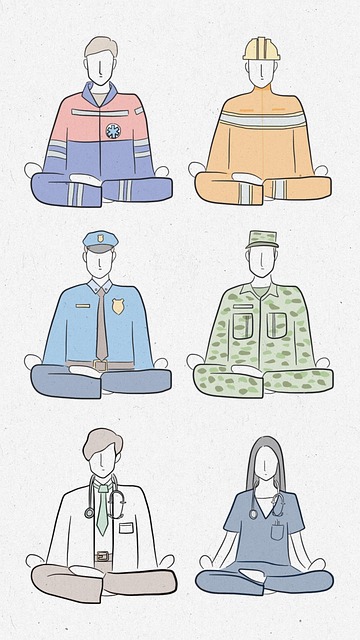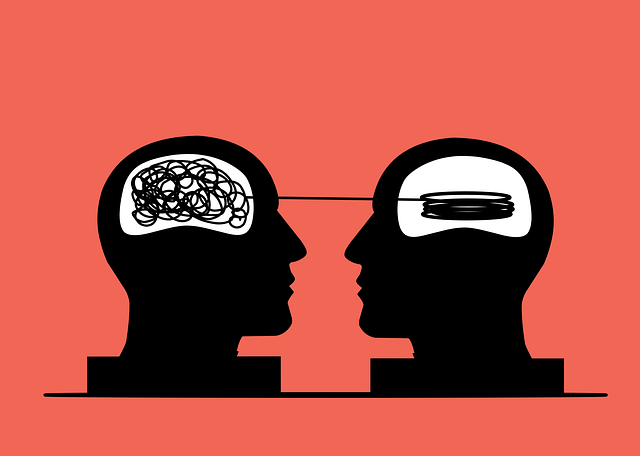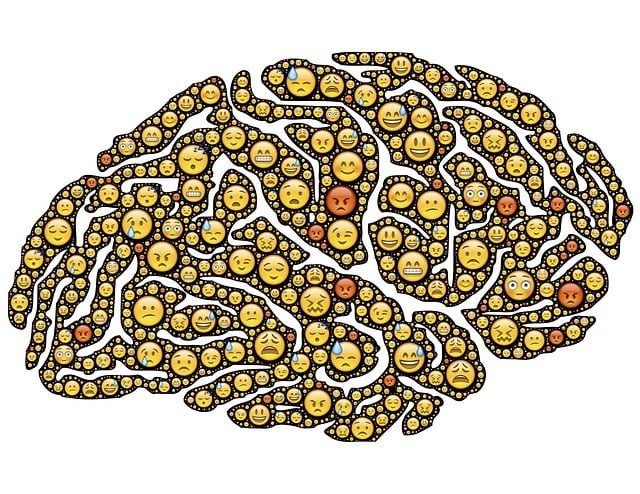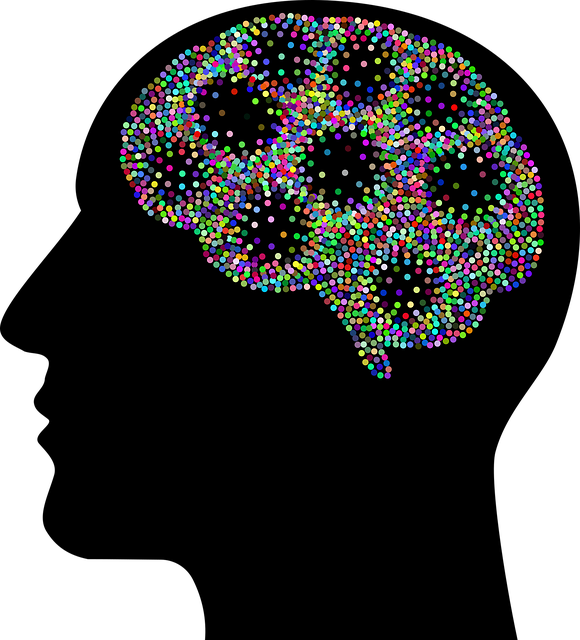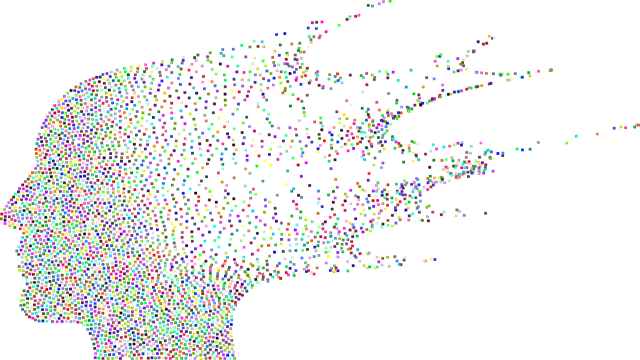Wheat Ridge Developmental Disability Therapy utilizes the RFM (Strengths, Weaknesses, Motivations) model for personalized, holistic development. By understanding each individual's unique blend of strengths, weaknesses and motivations, therapists create inclusive treatment plans that foster emotional healing, build resilience, and empower clients to navigate challenges effectively. This approach integrates life skills training, cultural competency, and RFM strategies (Resilience, Flexibility, Mastery) to enhance coping abilities, promote mental well-being, and contribute to lasting positive outcomes.
“Unleash resilience with an innovative approach—RFM (Recovery, Flexibility, and Mastery) techniques are transforming Wheat Ridge Developmental Disability Therapy. This article explores how RFM, a powerful tool for personal growth, enhances therapeutic outcomes. We’ll delve into the science behind it, offering practical strategies tailored to Wheat Ridge clients. From understanding client needs to implementing effective exercises, therapists will discover a roadmap to fostering resilience and empowering individuals with developmental disabilities.”
- Understanding RFM and Its Role in Developmental Disability Therapy
- Designing Resilience-Building Exercises for Wheat Ridge Clients
- Implementing RFM Strategies: A Practical Guide for Therapists
Understanding RFM and Its Role in Developmental Disability Therapy

At Wheat Ridge Developmental Disability Therapy, we recognize that building resilience is a cornerstone of holistic development for individuals with disabilities. RFM (Strengths, Weaknesses, and Motivations) analysis serves as a powerful tool in this process. By meticulously examining an individual’s unique blend of strengths, weaknesses, and motivations, therapists can tailor interventions to foster emotional healing processes and promote positive thinking. This individualized approach is particularly crucial in enhancing the effectiveness of therapy sessions, ensuring that each client receives support that resonates with their personal journey.
The RFM model plays a pivotal role in cultural competency training for healthcare providers, enabling them to create inclusive and effective treatment plans. By understanding the intersection of cultural backgrounds, unique challenges, and personal motivations, therapists can foster an environment that not only respects but also leverages these diverse aspects. This approach not only strengthens the therapeutic bond between client and caregiver but also enhances the overall resilience-building process, contributing to lasting positive outcomes in emotional well-being.
Designing Resilience-Building Exercises for Wheat Ridge Clients

Designing Resilience-Building Exercises for Wheat Ridge Clients involves tailoring activities to meet the unique needs and abilities of each individual. At Wheat Ridge Developmental Disability Therapy, our approach focuses on enhancing emotional healing processes through engaging and accessible exercises. We understand that building resilience is a personal journey, so we create custom programs that foster adaptability and coping strategies tailored to individual goals.
Through Public Awareness Campaigns Development and innovative therapy methods, our team aims to empower clients with the skills to navigate challenges. By integrating practical life skills training and emotional regulation techniques into our resilience-building exercises, we support their overall well-being. These comprehensive strategies not only strengthen their ability to cope with stressful situations but also contribute to a more fulfilling and meaningful life for each client at Wheat Ridge.
Implementing RFM Strategies: A Practical Guide for Therapists

Implementing RFM (Resilience, Flexibility, and Mastery) strategies in therapy sessions is a powerful approach to enhance clients’ coping abilities and promote mental well-being. Wheat Ridge Developmental Disability Therapy recognizes the significance of these techniques, particularly when tailored to individuals with developmental disabilities. Therapists play a pivotal role in guiding clients through exercises that foster resilience, encouraging them to view challenges as opportunities for growth.
By integrating RFM into treatment plans, therapists can teach effective mood management skills, enabling clients to navigate emotional difficulties. This involves helping them identify triggers and develop adaptive coping mechanisms. Additionally, risk assessment becomes an essential tool for mental health professionals, allowing them to proactively manage potential risks and promote safe environments for clients to explore and grow. Empathy building strategies are also integral to this process, fostering deep connections and enhancing the therapeutic experience.
Resilience is a cornerstone of Wheat Ridge Developmental Disability Therapy, and employing RFM (Resourcefulness, Flexibility, and Mastery) strategies can significantly enhance clients’ coping abilities. By designing tailored resilience-building exercises and implementing practical guides for therapists, we empower individuals to navigate challenges with newfound strength. This approach not only enriches their lives but also fosters a sense of self-efficacy, making them better equipped to face future obstacles. Through RFM, Wheat Ridge therapy takes a transformative step towards empowering clients to embrace resilience as a lifelong skill.

